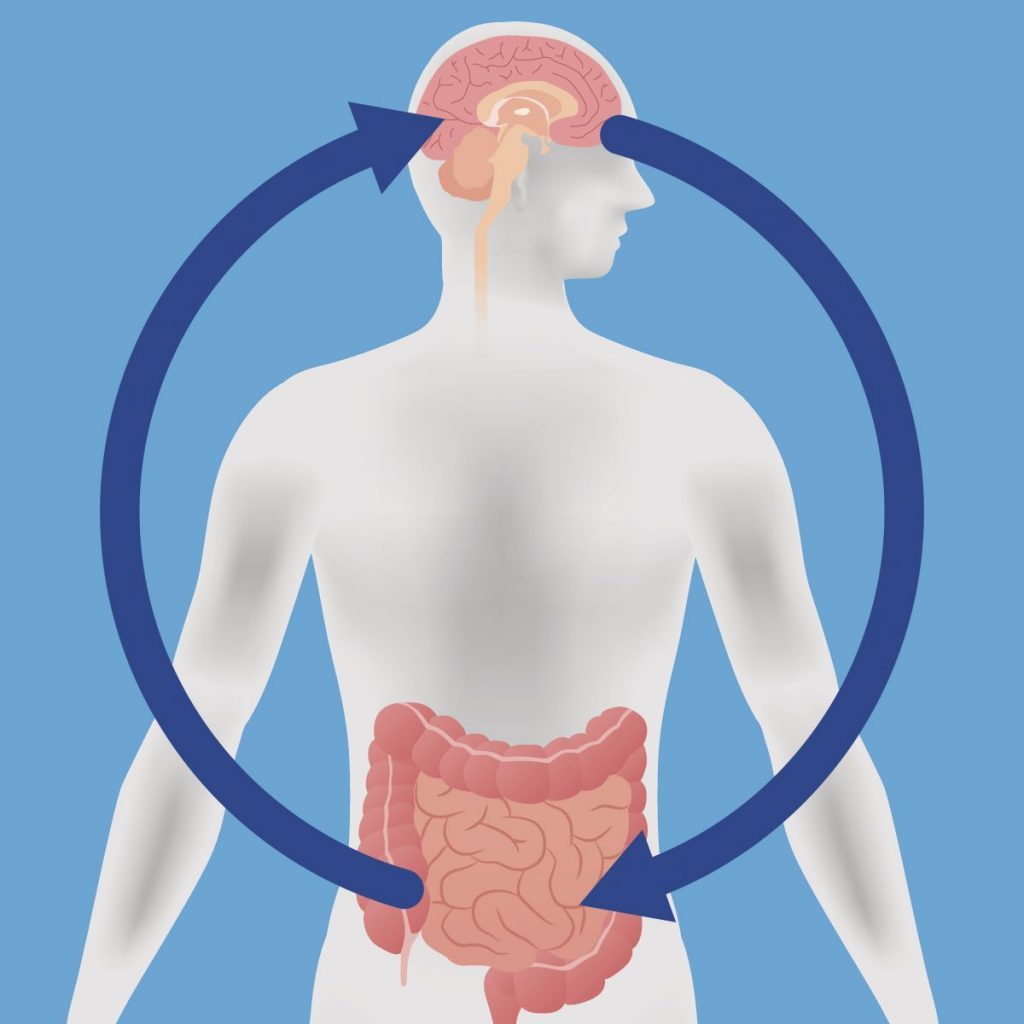The link between gut health and your general health and wellbeing has been well established in the scientific literature. Gut microorganisms have shown to play a vital role in a wide range of human diseases including obesity, psoriasis, autism, and mood disorders (1)
The gut-brain link has been outlined in a previous exercise physiology blog article.
Your gut contains important microbiome that need to be kept in balance to maintain your overall health.

Microbiome in your gut play an integral role in assisting with digestion and improving your immune system.
Microbiome are bacteria, viruses, fungi, and other microscopic organisms that live in our intestine and on your skin. The microbiome of your gut is found in a pocket of your large intestine and is called the cecum.
There are trillions of microbiomes which exist in your intestine. The vast diversity of microbiome required for good gut health is akin to the diversity of plants, animals and insects found in the Amazon forest.
Gut health can be negatively impacted by herbicides and pesticides used in agriculture and found in our foods.
Certain medications have shown to negatively impact your gut health. These medications include metformin (used to treat type 2 diabetes), antibiotics, laxatives, and proton pump inhibitors (PPI’s) used to treat dyspepsia.
Nutrition and Gut Health
Diet has shown to influence the microbiome of your gut. The typical western diet which is high in saturated fats, processed carbohydrates and sugar has shown to negatively affect gut health.
Furthermore, it is shown that artificial sweeteners in your diet can reduce microbiome and your subsequent guy health.
Aspartame (one type of artificial sweetener) has shown to elevate short chain fatty acid propionate, a bacterial end product associated with impaired insulin tolerance and weight gain.
Maintaining a healthy gut microbiome has shown to reduce inflammation within your body.
Specific microorganisms which make up your microbiome have shown to dampen inflammation.
Specifically lactic acid bacteria and Bifidobacteria found in the gut are known to dampen inflammation by downregulating NF-κB dependent gene expression, IL-8 secretion, and levels of macrophage-attracting chemokines (2).
These microorganisms within your gut are also know to directly downregulate T effector-mediated inflammatory responses while upregulating anti-inflammatory T regulatory cell expression (3).
Inflammation plays a pivotal role in many disease processes including type 2 diabetes, cardiovascular disease, arthritis (including osteo arthritis and rheumatoid arthritis), crohns disease, ulcerative colitis, and many autoimmune diseases.
Source: YouTube Gut Health, Inflammation and Nutrition with James Hird
Gut Health and Chronic Pain
The foundation of most musculoskeletal pain treated through rehabilitation exercise is inflammation. Chronic inflammation of tissue within the musculoskeletal system is a contributing factor in the experience of chronic pain.
As such, dietary changes must be included in the treatment and management of pain. Failing to address gut health and better nutrition in rehabilitation practices can be akin fighting a fire with a garden hose; you simply aren’t bringing enough firepower to stop the problem.
Continuing to feed your system with pro-inflammatory foods whilst treating a disease or pain with exercise is simply ineffective and won’t enable long term change.
The human body is a complex system and so approaching health management with a multi-factorial approach is critical to enable change.
Exercise Physiologists at Inspire Fitness address gut health of clients as part of a holistic approach to rehabilitation and reducing pain. The mainstream approach of dealing with injury rehabilitation and pain management through exercise and pain education strategies doesn’t seem to incorporate the latest research on good gut health.
